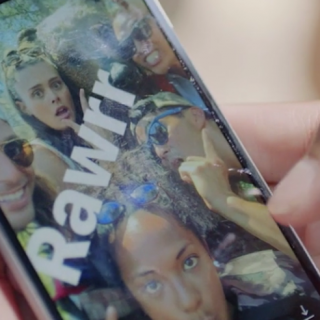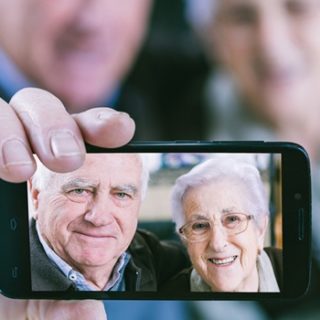A new pilot study we took part in alongside Aegis Media has revealed that Facebook Likes generate an unconscious and immediate effect on brand perception and human behaviour online. The study found a statistically significant relationship between the number of Likes respondents believed a brand to have, and how positively they answered questions relating to the brand. It also found that people who use Facebook frequently and for long periods of time, were more likely to be positively influenced overall.
In the trial, participants were asked to provide views on a fictitious brand based only on seeing variations of its Facebook page. Each page was identical, apart from the number of Likes, which ranged from just 12 to 9.2 million.
The findings suggest that Facebook Fans may add indirect value to a business in how they influence the intent of others to buy, talk about and recommend a brand. This phenomenon, known as social proof, is commonly understood offline, but this is the first time a study has been conducted to look at how unconscious cues affect human behaviour online.
However, the report has also shown that while a positive trend is very steep as Likes increase from a Low to a Medium level (0-2000 Likes), it tails off significantly between Medium and High (10,000+ Likes). Further Likes above the tens of thousands do not seem to deliver the same proportionate level of increased positive perception.
So, how can a brand use these insights?
It’s worth stressing that we created a fictitious brand for this specific pilot study .We have no doubt that the data will be different when we test out hypothesis further with established brands that consumers already have pre disposed ideas and experiences with. What brands can take away from this are some top line insights that they may have assumed were correct but can now begin to back up with some data, such as: the number of likes on your page alters brand perception at first contact, highly engaged Facebook users are more likely to feel positive about the brand, and that there doesn’t seem to be value in endlessly building likes into the tens of millions. From our perspective, it is the first step in hopefully proving that there is value in a Facebook page that isn’t just concerned with the transactional value of the individual but also with who and how they may influence.
Does it provide different opinions around consumer behaviour on Facebook?
Rather than providing any radical new ideas, it has instead reinforced a number of theories and hypothesis that were already in place. We always assumed that social networks, in particular Facebook, were peer to peer echo chambers that magnified social proof, and this nascent study has put some initial data forward to back that up – people do seem to be unconsciously affected by the number of likes they see on a brand page. However, it has thrown up some more in depth questions that need to be explored. In particular, the issue of diminishing returns when building a Facebook page, as well as what the optimum amount of likes is for certain brands depending on what actions they want their ‘fans’ to take.
To access the full report, please contact [email protected].
See the video below to watch ‘The Science of Social’ presentation at Social Media Week London, 2013.



